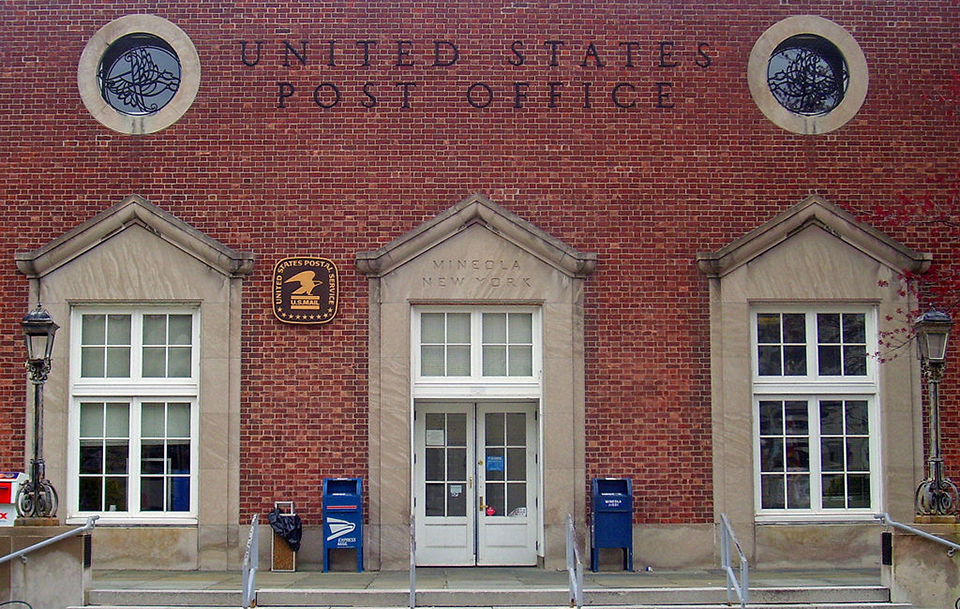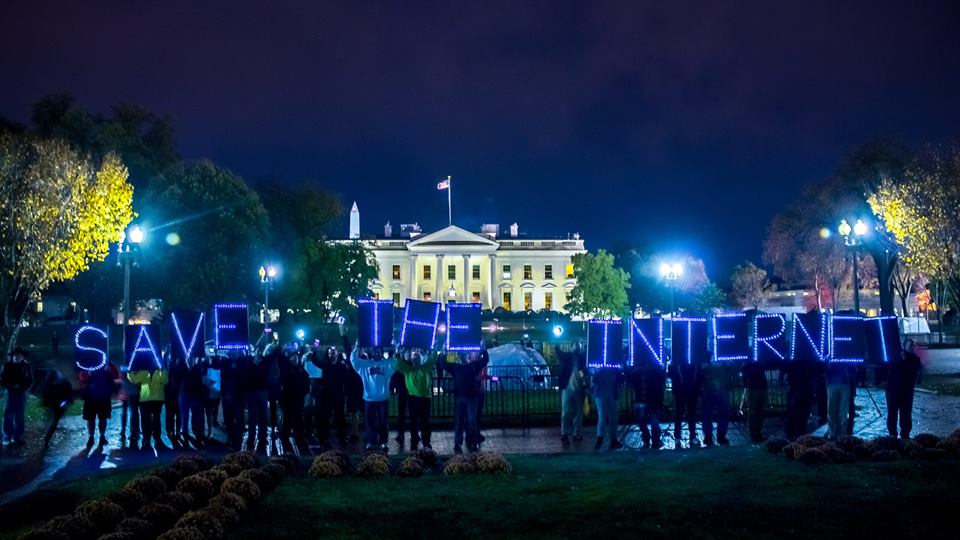 CNN reports: “The Obama administration released early Thursday the full text of the highly anticipated Trans-Pacific Partnership trade deal, kicking off a 90-day period for congressional review. The Trans-Pacific Partnership, or TPP, is a 12-nation deal that touches on 40 percent of the global economy.”
CNN reports: “The Obama administration released early Thursday the full text of the highly anticipated Trans-Pacific Partnership trade deal, kicking off a 90-day period for congressional review. The Trans-Pacific Partnership, or TPP, is a 12-nation deal that touches on 40 percent of the global economy.”
SEAN FLYNN, sflynn at wcl.american.
Flynn is associate director of the Program on Information Justice and Intellectual Property at American University Washington College of Law. He said today: “Today’s release of the TPP agreement confirms that its Investor State Dispute Settlement — ISDS — chapter would expand the rights of private companies to challenge limitations and exceptions to copyrights, patents, and other intellectual property rights in unaccountable international arbitration forums. The text contains broader provisions than are being used by Eli Lilly to challenge Canada’s invalidation of patent extensions for new uses of two medicines originally developed in the 1970s. The TPP includes a new footnote, not previously released as part of any other investment chapter and not included in the U.S. model investment text — clarifying that private expropriation actions can be brought to challenge ‘the cancellation or nullification of such [intellectual property] rights,’ as well as ‘exceptions to such rights.’ This expands the range of challenges that can be brought by companies against intellectual property limitations and exceptions.
“Instead of combating the ability to bring cases such as Eli Lilly’s, the TPP’s investment chapter invites them. Any time a national court — including in the U.S. — invalidates a wrongfully granted patent or other intellectual property right, the affected company could appeal that revocation to foreign arbitrators. The new language would also make clear that private companies are empowered by the treaty to challenge limitations and exceptions like the U.S. fair use doctrine, or individual applications of it. Adoption of this set of rules in the largest regional trade agreement of its kind would upset the international intellectual property legal system and should be subject to the most rigorous and open debate in every country where it is being considered.” See: “FAQ on ISDS and Intellectual Property” and “How the Leaked TPP ISDS Chapter Threatens Intellectual Property Limitations and Exceptions.”
KATHRYN JOHNSON, KJohnson at afsc.org, @
Johnson is the policy impact coordinator with the American Friends Service Committee. She said today: “It’s finally clear why the administration hid its proposals for the Trans Pacific Partnership behind closed doors for so long. This pact puts corporations firmly in the driver’s seat shaping health, environmental and economic policies around the globe.
“The text released this morning clearly demonstrates what we have long feared: The TPP’s investor-state dispute settlement (ISDS) provisions would enable investors from any of the TPP countries to challenge environmental and public health laws, regulations and court decisions in international tribunals that circumvent the U.S. and any other country’s judicial system. Right now, a number of smaller Free Trade Agreements and Bilateral Investment Treaties already grant these powers to transnational corporations — and they are being used to attack clean air rules in Peru, mining laws in El Salvador, a provincial fracking moratorium in Canada and a court decision against the oil giant Chevron in Ecuador, among many other examples. Expanding this system throughout the Pacific Rim would only increase the occurrence of these challenges.
“The ISDS provisions alone are reason to sink the entire TPP deal, but that’s just one of the concessions that the over 600 corporate advisors to the negotiations have inserted that will guarantee corporate profits while harming the rest of us. Under the TPP, U.S. exports of fracked natural gas would automatically be deemed in the public interest, bypassing certain environmental and economic reviews, if going to any of eleven TPP countries throughout the Pacific Rim — including Japan, the world’s largest importer of natural gas. While corporations reap a profit, AFSC’s work around the world has shown us who bears the brunt of the human cost of climate change — the poorest and the most marginalized communities.
“In addition, the TPP is full of language designed to delay the introduction of low-cost generic medications and that enables pharmaceutical companies to challenge members’ public health programs’ cost-saving mechanisms. This threatens to increase health care prices and reduce access to medicine for residents of member countries, once again lining the pockets of the wealthy off the backs of the poor.
“The TPP may benefit some Wall Street executives, but it is a disaster for the environment and for public health and it must be stopped.”



 USA Today
USA Today  MATT STANNARD, matt at commonomicsusa.org,
MATT STANNARD, matt at commonomicsusa.org,  Diane Ravitch writes: “
Diane Ravitch writes: “ NBC News reports: “Doctors Without Borders said a hospital it runs in Yemen was destroyed by Saudi airstrikes — the second attack this month on the medical charity.
NBC News reports: “Doctors Without Borders said a hospital it runs in Yemen was destroyed by Saudi airstrikes — the second attack this month on the medical charity.
